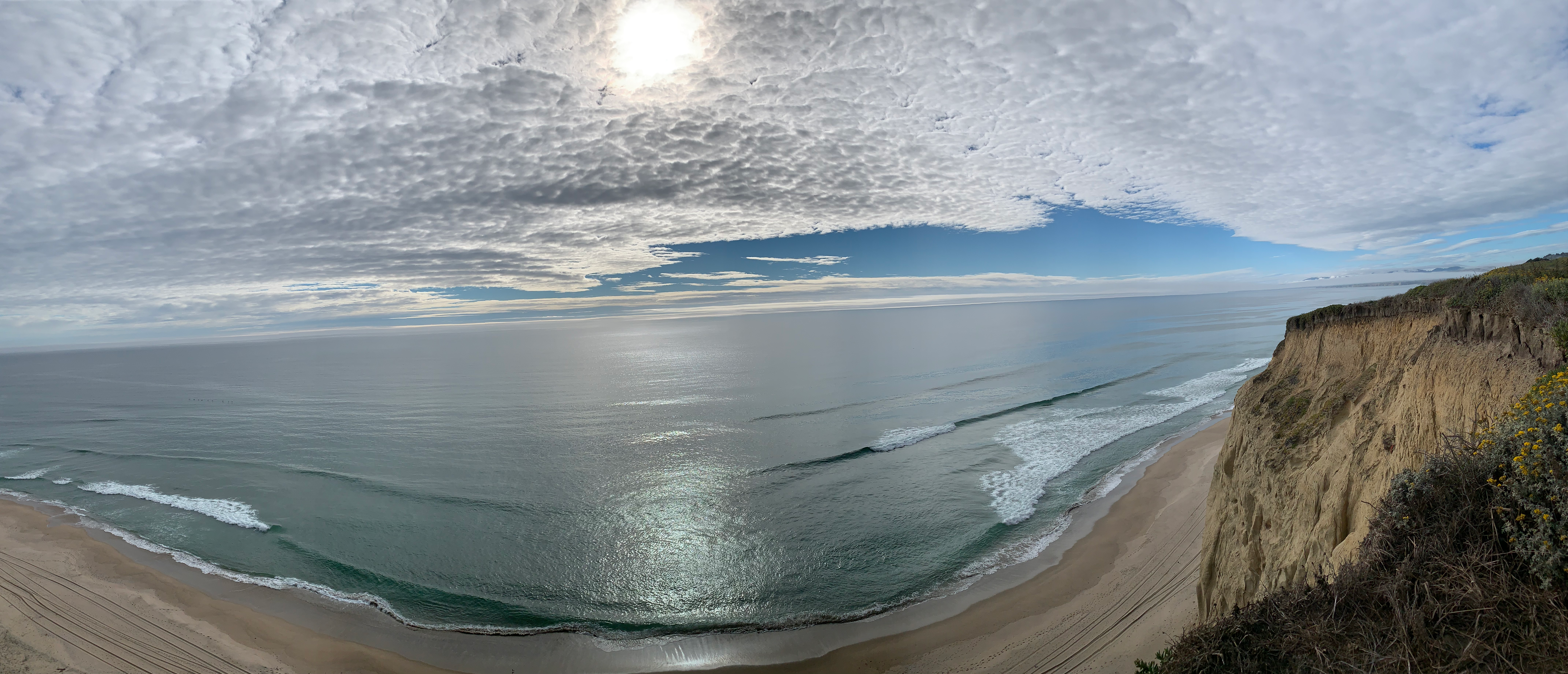Footbath and Acupoint Moxa Sticking Therapy for Winter
- Dr. Lucia Kajima

- Nov 30, 2020
- 4 min read
With colder, drier and windy weather during the winter months we become more susceptible to diseases. From the perspective of Chinese medicine, dryness weakens the lungs, cold lowers the immunity as it reduces body temperature and stagnates vital qi and blood, and the winter season with long dark days reduces availability of yang resulting in weaker urinary bladder and kidney function. To keep infections and colds away one can use simple, natural yet powerful ancient methods of san fu tie and pao jiao.
Pao jiao 泡脚 means foot soaking or footbath. It is a self-healing method practiced in Chinese medicine used to warm all foot meridians by emerging feet and ankles in hot water with warmth-generating herbs. Several major Kidney acupoints are located on the bottom of the feet and around the ankles. Pao jiao stimulates these acupoints that affect the Kidney

organ and its energetic function. In Chinese medicine the Kidneys are responsible for storing vital essence and provide qi throughout life. They are also important for keeping bones and teeth strong, maintaining good sense of hearing, and keeping hair abundant and luminous. In addition to Kidney acupoints, the Bladder acupoints of the feet are stimulated providing support for the Bladder energetic function of removing water from the body. Imbalance in the water metabolism may put strain on the Heart and decrease the availability of qi and blood for other bodily functions.
Acupoint moxa sticking therapy, san fu tie 三伏貼, has been widely used in Chinese
medicine to prevent diseases in the winter. The therapy is applied during the "Dog Days" in the summer and the three nine-day periods after the winter solstice.

The therapy is the most suited for treating winter respiratory conditions such as asthma, allergic rhinitis, chronic bronchitis, bronchial asthma, chronic obstructive pulmonary disease (COPD) or pulmonary emphysema and also disease related to yang qi deficiency and "cold pathogen" such as pain syndromes, rheumatism, decreased libido, some gynecological and chronic disease. Furthermore, the therapy is also suitable for individuals with a deficient and cold body constitution, who are prone to catching colds frequently.
In Chinese medicine, immunity is described as correct qi. If correct qi is strong, one can maintain good health. If not, one will fail to ward off pathogenic attacks and fall ill. Strong correct qi in the cold and dark winter months depends on the body's ability to generate heat, in other words, the abundance of yang qi, whose most important function is to generate warmth.
Warm and pungent herbs are used to disperse cold and transform phlegm, warm the lungs, boost the kidney, and secure the root of qi. According to Chinese medicine, the use of warming herbs at this specific time targets treating the root cause of the disease rather than a branch (symptom).
What kind of people can be helped the most by san fu tie treatment?
Generally, patients with impaired immunity (deficient correct qi) or those who are or
have tendency towards conditions of cold, cold-damp, blood stasis and qi deficiency
that in conventional medical terminology refer to the following:
1. respiratory disease (upper respiratory tract infections, asthma, recurring colds
and flus, bronchitis, rhinitis, sinusitis, etc.),
2. pain syndromes,
3. rheumatism,
4. gastrointestinal disease (stomach and intestinal disorders, e.g. diarrhea, cold
stomachache, etc.),
5. gynecological disease (dysmenorrhea, infertility, and postpartum), and
6. difficult disease (chronic illness, cancer, autoimmune diseases, fatigue, etc.).
Is there anyone for whom this treatment is contraindicated?
This treatment is contraindicated for diabetics, pregnant women, patients with
severe heart and lung dysfunction, and in cases of acute fever and in dermatological
diseases with breakouts and blisters.
When to do the treatment for the best effect?
Every year during the "Dog Days" after summer solstice or during the the three nine-
day periods after winter solstice with 3 to 5 sessions twice a year for 3 to 5 years
consecutively. However, the therapeutic effects are already felt in the first year of the treatment such as reduction in the number of asthma attacks, alleviation of cough,
decrease in pain frequency and intensity, improved breathing, decrease in frequency of
common cold, faster recovery, etc. For answer to why treatments in the summer are
necessary, read more here. Check out recent san fu tie research:
1. Repeated herbal acupoint sticking relieved the recurrence of allergic asthma by regulating the Th1/Th2 cell balance in the peripheral blood by Zhao et.al. (2020).
treatment of allergic rhinitis and asthma during Dog Days by Wen et. al. (2015).
type at stable stage treated with acupoint sticking therapy in different season by Yang et. al. (2012).
3 nine-day periods after winter solstice (12/21/2020):
1. The beginning (chufu): December 22 - 31, 2020,
2. The middle (zhongfu): January 1 - 10, 2021,
3.The end (mofu): January 11 - 20, 2021.
For more details click here or book online.


Comments